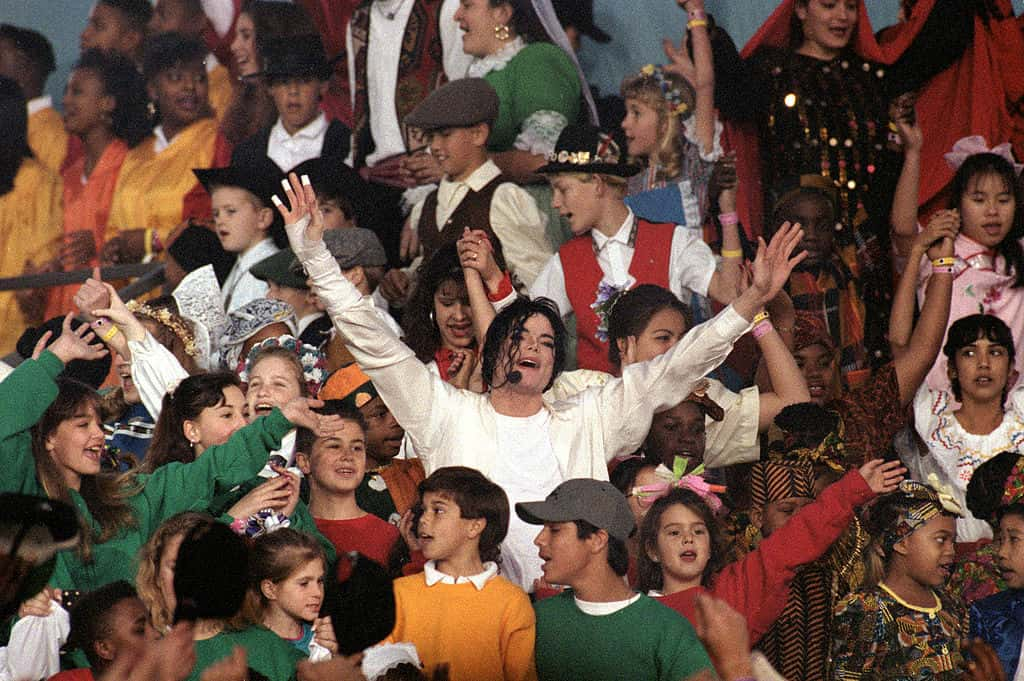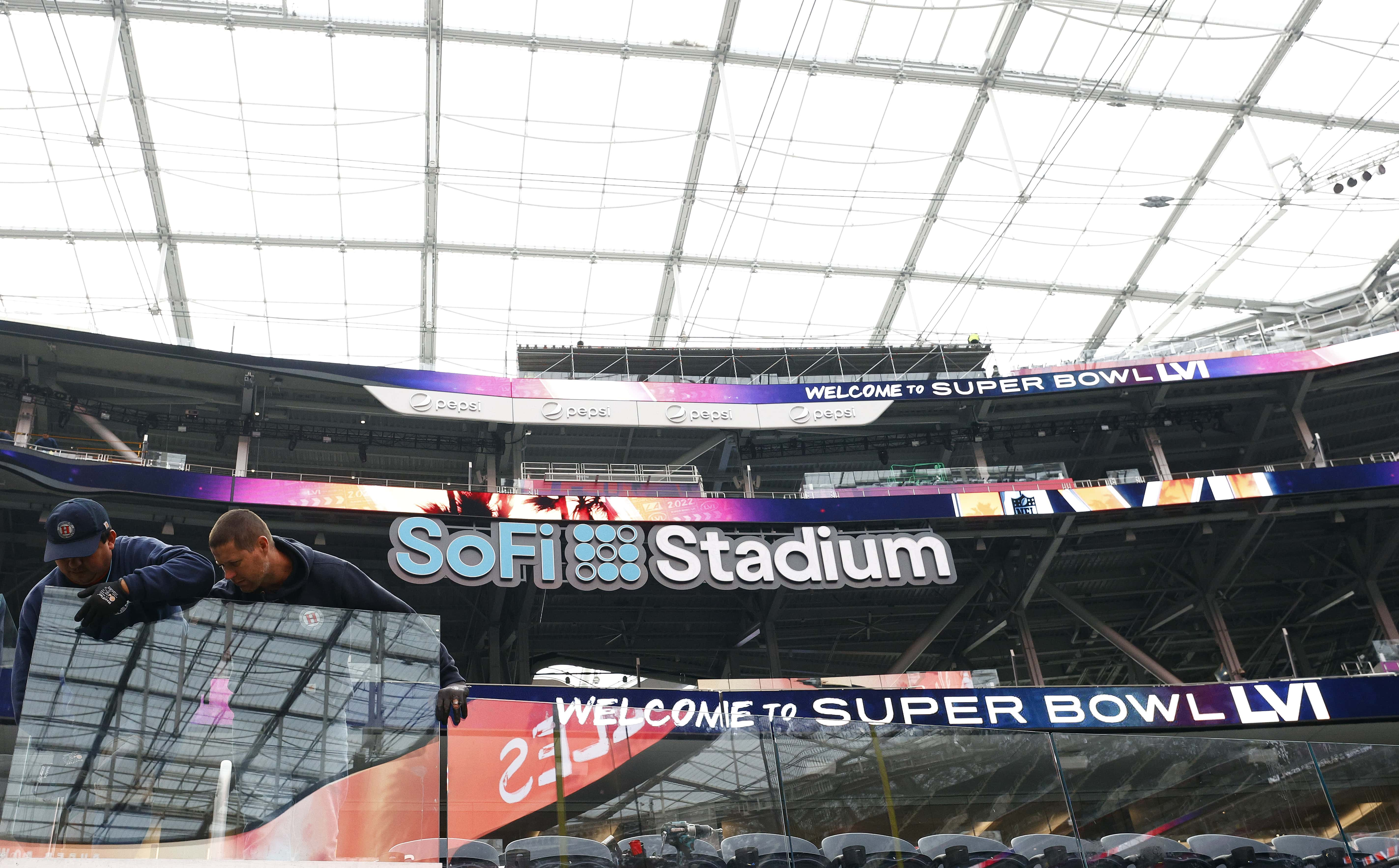What is the history of Super Bowl? NFL game returns to Los Angeles where it all started 55 years ago

The American Football League (AFL) was founded in 1960 and the Super Bowl was born. The AFL was founded by a group of businessmen who wanted to own their own pro football franchises but were irritated by the NFL's refusal to grow, and it quickly established itself as an alternative league that played a more open style of football. Hence started a rivalry that would catapult pro football above baseball as the country's most popular spectator sport by the climax of the decade. We stand to witness the magic and rivalry once more this year as the Super Bowl returns to Southern California for the first time in nearly three decades.
After several years of rivalry, NFL Commissioner Pete Rozelle and Lamar Hunt, owner of the AFL's Kansas City Chiefs, reached an agreement in 1966 that would see the two leagues permanently combine in 1970. Meanwhile, at the end of the season, the AFL and NFL champions would face off and Hunt proposed renaming the new game the "Super Bowl." Despite the fact that he and Rozelle felt a better name might be discovered, sportswriters began using the nickname in the run-up to the first game in January 1967 and it's stayed ever since.
READ MORE
Super Bowl LVI: How and where to live stream the final between Cincinnati Bengals and LA Rams

Though there was excitement leading up to Super Bowl I between the Green Bay Packers and the Kansas City Chiefs in 1967, it was nothing compared to what we witness today. The game, which took place at the Los Angeles Coliseum, was not even close to being sold out. "Fans simply weren't used to travelling to neutral sites," said Michael MacCambridge, author of a history of professional football. The game garnered 65 million television viewers, the most ever for an American athletic event at the time, despite the fact that the Vince Lombardi-era Packers thrashed the Chiefs and confirmed the notion of NFL hegemony.
The AFL's popularity skyrocketed after the New York Jets shocked the Baltimore Colts in Super Bowl III, giving the league legitimacy. The NFL was split into two conferences after the merger: the American Football Conference (AFC) and the National Football Conference (NFC), with the winners of each conference fighting it out at the end of each season. The two-week break between conference championship games allowed for increased media coverage, which added to the excitement. The Super Bowl had grown to such dimensions by 1974 that Norman Vincent Peale said that "if Christ were alive, he'd be at the Super Bowl."
The Super Bowl returns to Los Angeles, where it started 55 years ago.
— NFL (@NFL) February 13, 2022
📺: #SBLVI on NBC
📱: https://t.co/K02y40b5Nu pic.twitter.com/o24Qks3UTh
In the 1980s, as the NFC's dominance of the AFC resulted in a succession of Super Bowl routs, Madison Avenue stepped in to generate a new kind of interest in the game. Apple commissioned a commercial directed by Ridley Scott to promote their new Macintosh computer in 1984. The commercial, which was inspired by George Orwell's dystopian novel 1984, had a lady slamming a sledgehammer onto a massive TV screen filled with Big Brother's propaganda. The advertisement, which debuted during Super Bowl XVIII, became a phenomenon, and from then on, corporate America launched their best ads during the event. After all, there's no better place to debut them than in front of the year's largest national television audience. Consequently, ranking the locations became a fun element of the game to watch.
While the World Series and NBA Finals ratings are heavily influenced by the presence or absence of large-market teams or famous stars, the Super Bowl's ratings are essentially unaffected by these circumstances. Small-market clubs may compete and even become national brands thanks to the NFL's revenue-sharing system. While a postseason battle between the Colorado Rockies and the Seattle Mariners could scare baseball executives,the game between the Seattle Seahawks and the New England Patriots in 2015 drew 114.4 million viewers, making it the most watched Super Bowl ever.

Thanks to the growth of cable TV, the Internet, and other leisure options, the Super Bowl has become such a craze that the country rarely pauses to watch or follow the same event, unless there is a national calamity.
Super Bowl LVI is being held on February 13 at SoFi Stadium in Inglewood, California, and will pit the Los Angeles Rams against the Cincinnati Bengals. This marks the first time the game has been played in Los Angeles since the Dallas Cowboys defeated the Buffalo Bills 52-17 in Super Bowl XXVII at the Rose Bowl in Pasadena on Jan. 31, 1993. Returning the Super Bowl to the City of Angels will also allow the NFL's biggest game to return to its roots. Los Angeles will host its eighth Super Bowl, the third-most in any market, behind only Miami and New Orleans.
So why did it take so long for the NFL to come back to America’s second-most populous city? According to LA sports executive Alan Rothenberg, who in 1993 was a member of the Los Angeles Sports Council, "There was an ongoing antipathy to the L.A. Coliseum Commission, which ran the Coliseum, against bringing an NFL team to Los Angeles. Partly because of the unhappy relationships that had been involved with the Coliseum Commission and the Raiders and Rams, and partly because the NFL embarked on a pretty extensive program of requiring cities to come up with financial packages in order to help NFL owners build stadiums." Part of it was also because the Rams and Raiders left Los Angeles in 1994, and the league only awards Super Bowls to cities with NFL teams.










